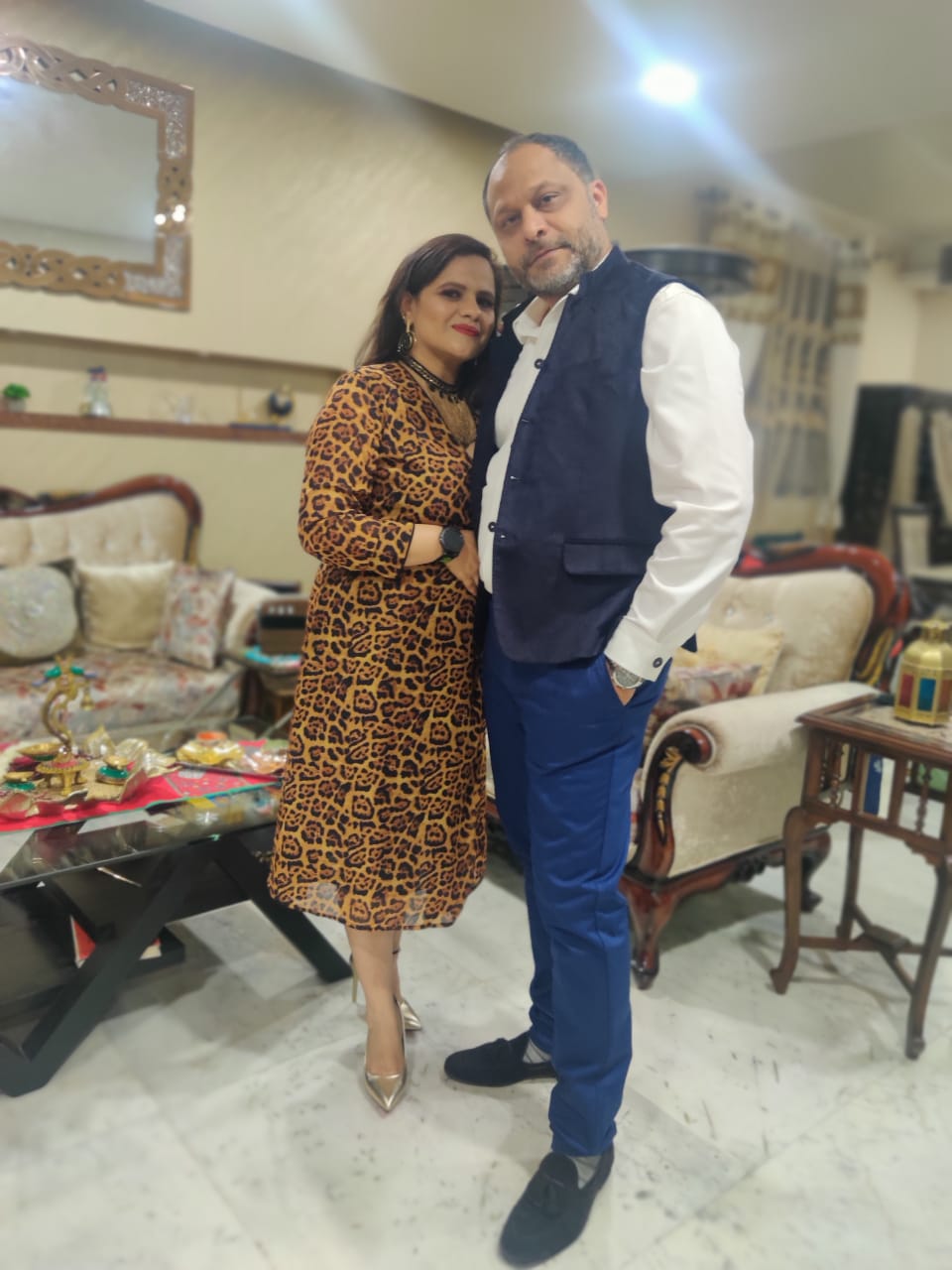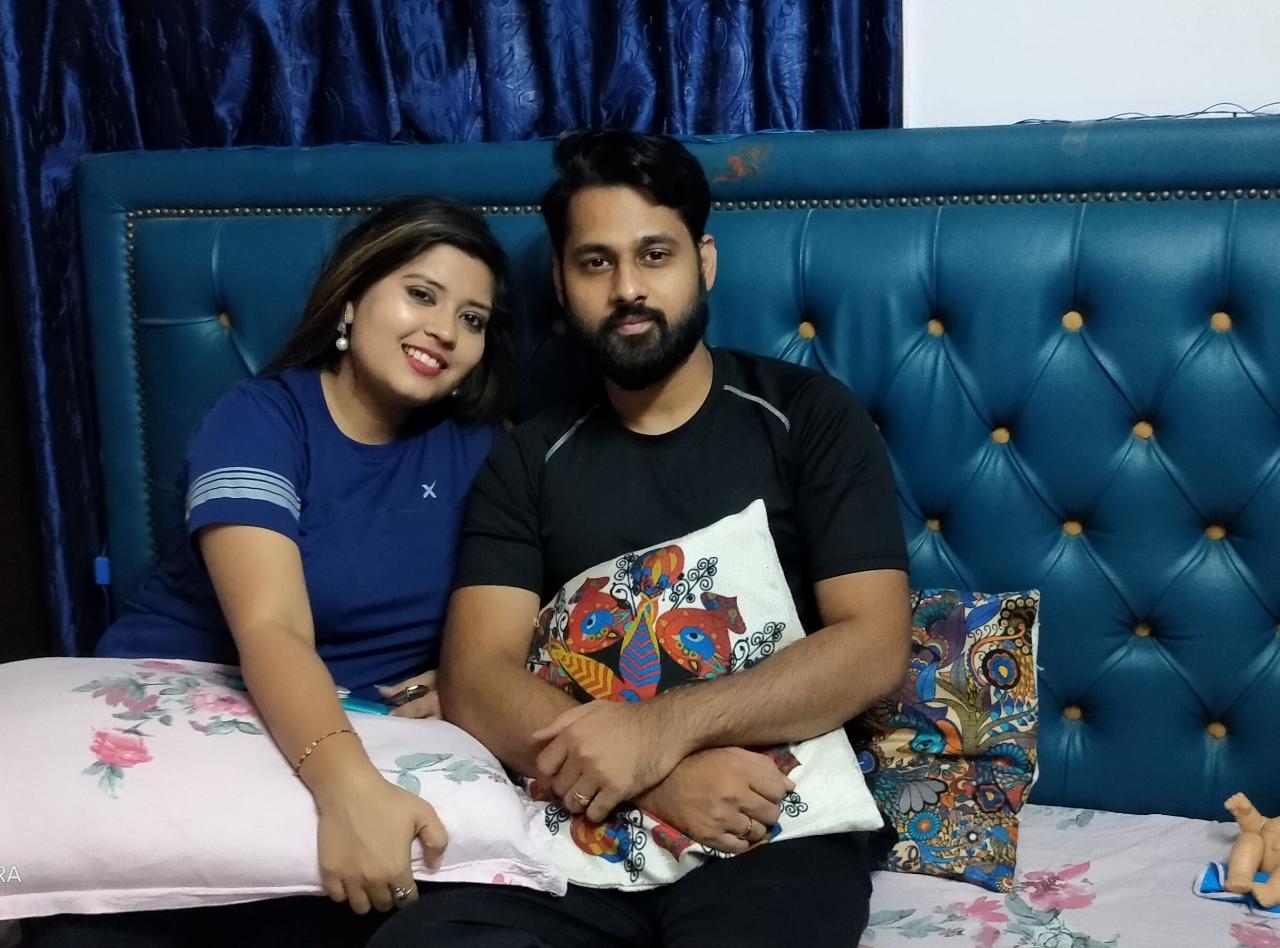We Spoke to People Who Got COVID-19 in India Not Once, but Twice
May 10, 2021Unlike most people around her, Nidhi Kapoor did not believe antibodies gave her protective superpowers against the pandemic. The high school physics teacher continued to be cautious even after recovering from COVID-19 in September last year.
When India’s vaccination drive opened up for people 45 and older, Kapoor got her first dose in March. Before she could get her second dose, she tested positive for COVID-19 again.
“This second bout has totally shattered me,” she told VICE World News from her home in Noida, a suburb just outside of New Delhi.
Officially, every minute, 3 people die of COVID-19 in India. There is no data yet on reinfections but the country is seeing a rise in numbers, anecdotally and in various news reports.
Until recently, most studies had suggested that COVID-19 reinfections are rare. But that appears to be changing as newer variants are discovered.
Soumya Swaminathan, chief scientist of the WHO, said last week that B1.617, the variant first detected in India, “has some mutations which increase transmission, that potentially could make it resistant to antibodies generated by vaccination or by natural infection.”
This was also seen in Manaus, the Brazilian city of two million, ravaged by multiple lethal waves of COVID-19. A study published last month showed that the P.1 variant detected in Brazil was able to escape previously acquired antibodies and cause reinfections.
“I’m just not sure whether we have any idea of what’s happening in India,” said Swapnil Mishra, a public health researcher at the Imperial College of London who was one of the lead authors of the Brazil study. “It’s not just important to know we’re getting reinfections. It’s also important to know whether those variants are B1.1.7 [the highly contagious variant first detected in the UK] - or something which has immune escape capabilities because that should alter your vaccination strategies,” he told VICE World News.
In early April, when Kapoor’s COVID-positive husband’s oxygen levels plummeted dangerously low to 53, they were able to get him hospitalised promptly. Kapoor tested positive the next day, which was her second time. “This time, maybe I was overexposed, but my fever did not come down from 104F for five days,” she told VICE World News.
Kapoor developed pneumonia. But she also had to care for her 11-year-old daughter, who was also ill with COVID-19. When her husband’s oxygen levels stabilised, Kapoor said, “I told him, we have to trade places in the hospital.”
By mid-April, it was nearly impossible to get an ambulance and cabs weren’t willing to take Kapoor to the hospital. Her 15-year-old son wore a PPE kit and sat in the backseat while she drove herself to the hospital 45 minutes away.
“I had a 104F temperature at the time. My son kept talking to me to keep me from becoming unconscious while driving.” The hospital’s reception area was crammed with more than 200 people. Kapoor was lucky to be able to swap spots with her husband because their doctor “took to our situation with a lot of compassion,” she said.

Dr Rajesh Chawla, a pulmonologist at New Delhi’s Indraprastha Apollo Hospitals, told VICE World News that although few reinfection cases reach the hospital, he has COVID-19 patients who had previously recovered and also had both doses of the vaccine. But, from his experience, he said patients with “reinfections have not landed in the Intensive Care Unit.”
Kapoor was lucky to have recovered in the hospital, especially as the national capital’s healthcare system was falling apart.
In New Delhi - and elsewhere - people began putting SOS calls online for hospital beds, oxygen and medicines, all of which were in short supply. Since then, India’s social media has become its unofficial COVID-19 helpline and its obituary page.
This additional mental and emotional burden have made reinfections doubly difficult to deal with.
“Whether you open Facebook or Whatsapp or Instagram, everywhere you’re getting only one news: that somebody died,” 25-year-old Gauranshi Srivastava, a former television presenter at a Hindi news channel, told VICE World News.
Srivastava too was reinfected. A day after Srivastava and her husband Tarun tested positive for the second time, her grandmother who raised her died. The next day, Srivastava’s father was hospitalised. In New Delhi, Srivastava was in isolation and unable to help her family. “It was very difficult to be able to handle oneself then - you’re locked in a room and can’t do anything from here,” she said.
“We then learnt that my father had COVID-19 a month ago and recovered without even realising it. The post-affects were that 70% of his lungs were damaged,” she said.
Srivastava said her first infection had been quite severe and she assumed it would be worse the second time, but she said it was easier – at least until after she recovered and went back to work.
“I was unable to speak. I would say two words and start feeling breathless. I had to resign,” she said. Tarun had been asymptomatic both times but also tires easily now. “If I get it for a third time, the outcome will be quite terrible, I may not be able to bear it,” she said.

VICE World News spoke to several people who have recovered from COVID-19 twice and most of them fear getting infected yet again.
Infections in India are caused by several variants. In addition to versions of B.1.617, other variants detected around the world are spreading. There’s also news of more lethal variants emerging in the country. There are multiple, sometimes unhelpful, predictions.
“Now when they say a third variant is going to strike in October, I’m very apprehensive. My body is already so weak,” Kapoor said. “My husband takes it lightly sometimes, saying, ‘I’ve already got it’ but I know that it doesn’t mean you won’t get it again. I feel like every infection will damage my body even more.”
According to experts, mutations make the virus more efficient in infecting the cell. “Reinfection depends mostly on mutations which occur naturally,” said Prabhat Jha, an epidemiologist at the University of Toronto. A mutation, he explained, makes it so the virus has a better “key” to open the “door” of the body’s healthy cells — it’s how viruses spread more. “However, too many mutations on the key (spike protein) and the key may not work,” he said.
The limited data available so far suggests that the body’s first response is a polyclonal response, Shahid Jameel, a virologist at Ashoka University told VICE World News. “A polyclonal response means that the body reacts to a virus by raising antibodies to different targets on the virus. It doesn’t just target one surface or one face of the virus. So even though you may have a mutation on one face, the other faces have not changed. And therefore those antibodies will still neutralise it,” he said.
But scientists are still studying the virus and its impact on the body. “How do you know the long-term effects of something that is only a year old?,” Jameel said.
What is known however, is that some vaccines are more effective than others for specific variants. This is why Mishra argues we need data urgently to be able to alter vaccine strategies. For the few cases that could even escape vaccination, vaccines are “still better than any other thing you have out there,” he said.
But in the absence of any information of variant data, Indians are left with little but resignation and resolve. Prateek Dwivedi, a lawyer and social activist who also got COVID-19 twice, had been largely asymptomatic in October. “I was pretty sure I’d get it again because I didn’t make any antibodies,” he said. “The [second] time it’s a slightly more aggravated experience.” But at a time when he’s engaged in pandemic-related relief work, it’s also taking a toll emotionally.
“I will get it a third time. I’m ready for that. The infection is not going anywhere for a long time. The kind of work I’m into, I will go out into the field for relief work. I can’t maintain distance. I try to take all precautions. I go covered up. But I can’t really help it.”
Follow Saudamini Jain on Twitter.
